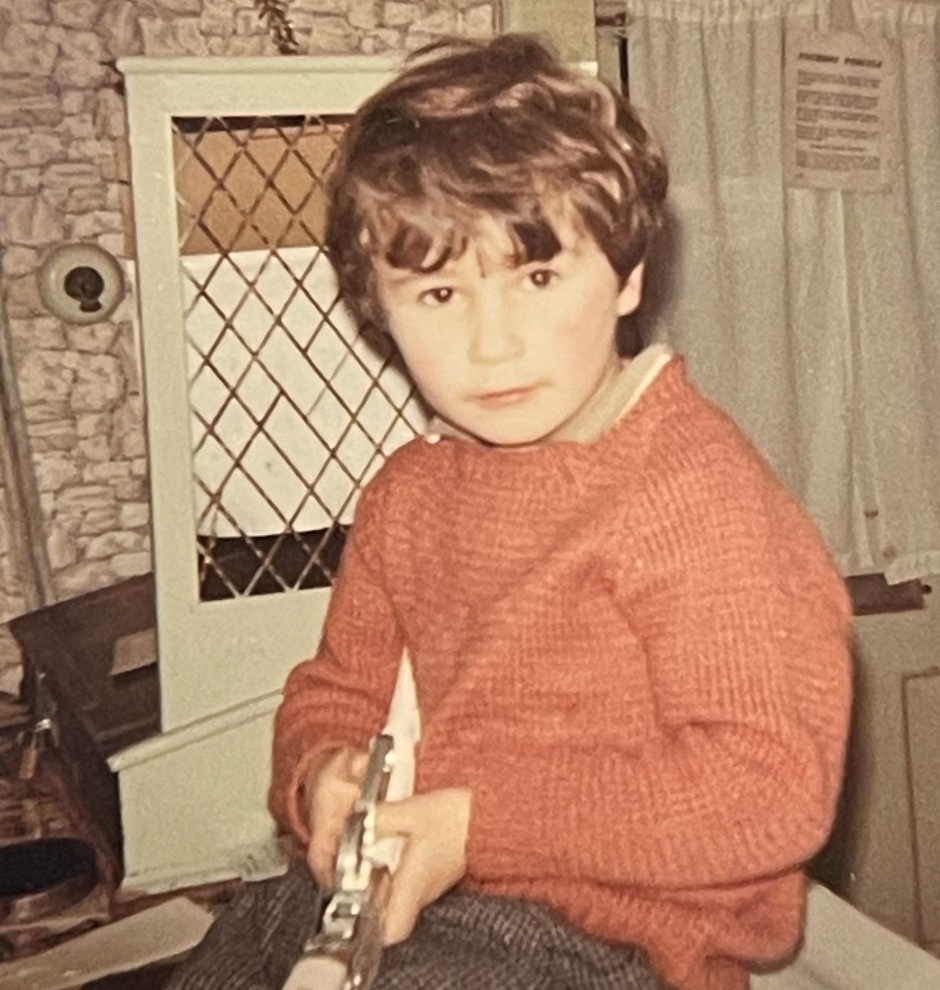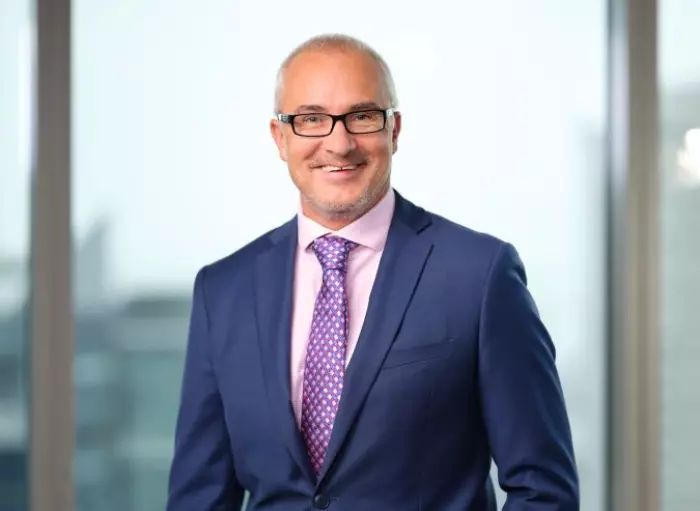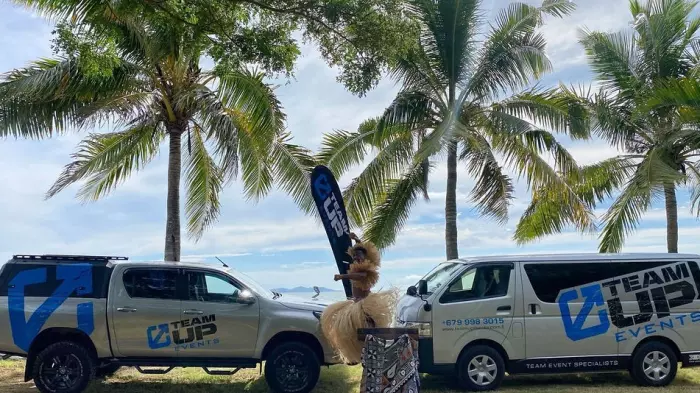Welcome to My Net Worth, our regular column on the lives and motivations of our country’s top business, legal and political people in their own words.
Mark Ryland joined Milford in 2014, initially as head of risk and compliance and then as head of product and operations. In December 2018, he was appointed acting CEO following the unexpected resignation of incumbent Troy Swann and was confirmed in the role two months later. Before joining Milford, he worked as managing director of Brook Asset Management, chief operating officer at Macquarie Private Wealth, and at ASB Group Investments, where his roles included acting head of wealth, CEO of the Aegis investment platform, and general manager of finance and risk strategy. He had got into fund management in his native England in 1994 when BAT Industries, the tobacco and insurance giant, merged the fund management arms of Allied Dunbar and Eagle Star to form Threadneedle Asset Management, with responsibility for £30 billion in investments. He was assistant director of operations. Ryland is a UK-qualified accountant and a fellow of the Association of Chartered Certified Accountants.
I grew up in a large rural town in Gloucestershire. It was a fairly financially tough kind of upbringing, certainly in the early days. But our parents were very warm, loving and supportive and they always put my brother and me first; we didn’t want for anything. We might not have had the latest bicycle, or the best, but we'd have a bike.
I was pretty quiet at school, and by some considerable way the youngest in the year and a bit smaller. My mother used to watch me play football and she always said she thought I was going to blow away.
It was never realistic, but the one thing I always wanted to be was a professional football player. I got to the level of being paid my expenses. So that was the height of my football success – the petrol money to get to the game.
I was lined up to go to Lancaster University and at the last minute I had an offer to work for a bank in an accelerated management programme. I guess if I look back now, that was a bloody big call. Back then, I don't think I quite appreciated that.
I drifted for a year or two and then got into accounting, and that's where things started to come together and really move forward.
 Mark Ryland, aged four, in his uncle's post office.
Mark Ryland, aged four, in his uncle's post office.
I’m most proud of my children. I have three adult children who are 28, 26 and 21 and two grandchildren as well. I wouldn't change anything about any of them.
Spending time with family certainly brings you back down to Earth again. I work quite hard at work/life balance because it's 100% or nothing for me. I’m constantly having to work to get those breaks and get in the right headspace to be with friends and family. It's something I've never stopped working at; I’ll always have to do it.
To me, success is when you move on from a company, you leave it in a better place than you found it.
Of course, there have been disappointments. When I was at Macquarie Private Wealth here in New Zealand, I had the opportunity to step across to Brook Asset Management and do what the Australian bosses called “a phoenix from the ashes” with it. For two years, we were really turning it around, but there was a change of leadership at Macquarie, and they just closed us down. That was a bitter disappointment for me.
There's a temptation to dwell, but certainly in big corporates, changes happen all the time, and you can't take them too personally. You just have to move forward.
There are too many business leaders who think it's all about them. But, really, it's all about your team. Employ the best people you can afford, people with a positive attitude.
You need to know what the client wants before they know they want it. You need to constantly innovate your offer. You can be close to your clients and they think you’re wonderful. And then they move somewhere else because someone's come along with a product or service they didn’t even realise they wanted.
I manage stress through exercise. I do 30 to 45 minutes of exercise every morning, and I walk the dog every morning as well. It makes a big difference to my day.
I do a bit of DIY. I won’t oversell my ability – I’m not afraid to have a go, but I wouldn’t stretch, to say, building a shed, that’s not going to happen. But getting out and fixing things is a good contrast from being in the office. If I had my perfect job, it probably wouldn’t be sitting at a desk.
I’m really competitive. Every couple of weeks, I try to get out on the golf course. I haven’t quite had my breakthrough in golf yet. I probably buy too many golf clubs, but you know, they are the reason I don’t hit the ball straight, so then I need to get another one.
As told to Jacqui Loates-Haver.
This interview has been edited for clarity.










